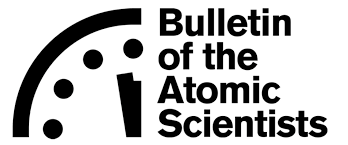
It has been nearly 80 years since the world entered the nuclear age. But the complex story of the making of the first atomic bomb, the decisions US leaders made to use these terrible new weapons on cities, and the post-war policy missteps that opened the door to the dangerous Cold War arms race are all now starting to fade from public consciousness.
The existence of nuclear weapons and the dangers they pose, while well-known and widely feared, are accepted by far too many of those living in one of the world’s nine nuclear-armed countries as part of their “normal” daily lives.
A new survey conducted by the Chicago Council on Global Affairs and Carnegie Corporation of New York finds that nearly two-thirds of Americans believe that “US nuclear weapons have been effective at preventing conflict between the United States and other countries.” At the same time, “a majority of the [American] public is unsure they can assess the benefits or harm of nuclear weapons” but “are at least somewhat interested in learning more about US nuclear weapon policy.”
Christopher Nolan’s mesmerizing, thought-provoking, and sometimes disturbing feature-length film, Oppenheimer, provides a jolting, timely reminder for millions of moviegoers that nuclear weapons are anything but normal because the leaders of a few nations have the power to destroy us all. But it also leaves the viewers with lots of questions unaddressed in the film.
Read the full op-ed, published July 29, 2023, in Bulletin of the Atomic Scientists.
